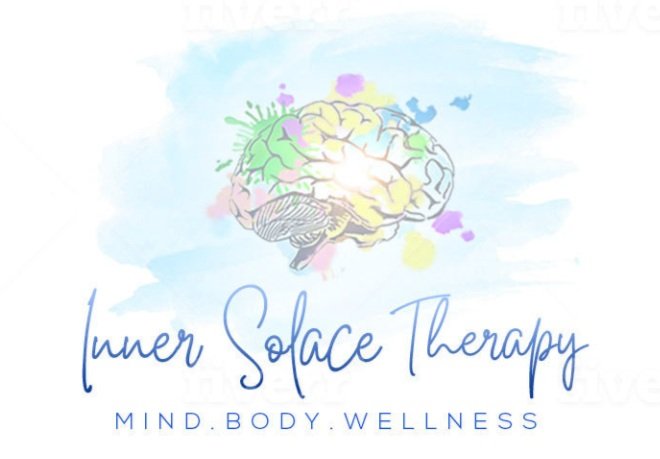
Counseling for Trauma
CREATING SPACE FOR COMMUNICATION & CONNECTION
A painful experience can leave long lasting emotional wounds
Even after you think you’ve healed and moved on, the effects of that painful experience can still impact you.
You may be experiencing difficulties in your relationships or with trusting those around you. Maybe it comes on suddenly as you feel your heart racing or get an upset stomach. You may have had these feelings since childhood or it might be something that recently happened to you.
Through therapy, you can begin to process memories that have become stuck in your mind or body. You’ll begin to find a sense of wholeness as you are no longer stuck reliving your past, but can fully enjoy your present.
“How do I know if what I’m experiencing is trauma?”
Trauma is a distressing experience that results in long lasting effects. If you had a painful event or series of events in your life that has left a long lasting impact on you, then you could be experiencing trauma.
Trauma is unique to you. There is no ranking or classification system because what may be an “easy-to-handle” experience for one person could leave enduring emotional wounds for another. Even if an event didn’t feel “traumatic” at the time or “traumatic enough”, it could still be affecting how you live and enjoy your life.
You do not have to be defined by this experience forever.
Therapy for trauma can help you:
Trust yourself again
Improve your relationships with yourself and those around you
Feel in control and reconnected with your emotions
Identify the patterns in your life that you want to change
Regain your sense of purpose
the process of therapy
-
To make sure this is the best fit for you, you can schedule a free 15-minute telephone consultation. During this call, we’ll talk about what you've been struggling with and how I can support you in this journey.
-
During the intake appointment, we’ll spend an hour exploring what has brought you to therapy. This initial session allows us to gain a deeper understanding of who you are and how we can support you.
-
We’ll meet weekly or bi-weekly, depending on what we feel is best and most supportive for you.
questions you may have
-
Trauma therapy helps you process and recover from traumatic events. The goal of trauma therapy is to help you understand and process trauma, develop coping skills to manage symptoms, and improve overall well-being.
-
For some people, talking about their traumatic experience may be difficult and emotionally challenging, but our therapists are trained to help individuals process and cope with their trauma in a safe and supportive environment.
-
To ensure that we are a good fit, click the button below to schedule a free 15-minute telephone consultation.
